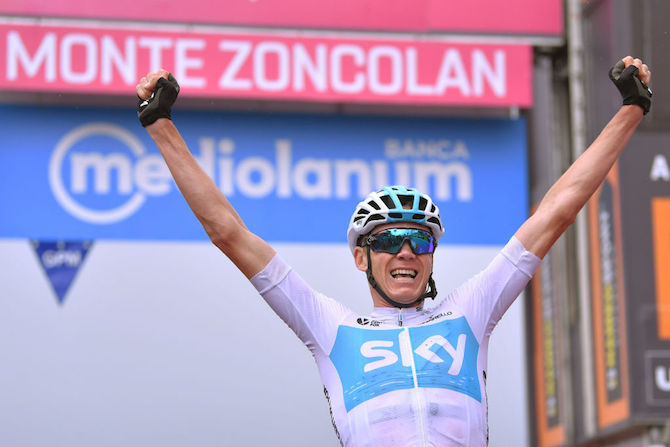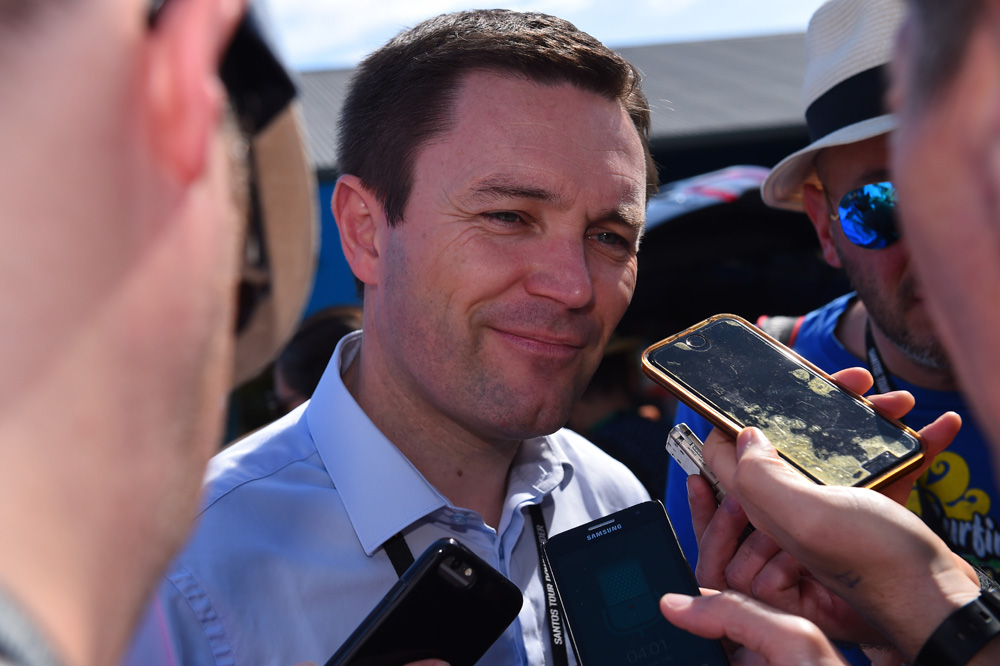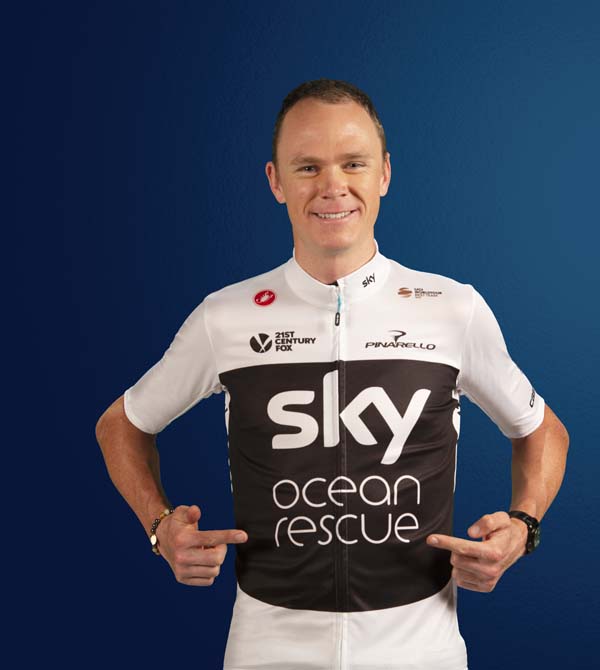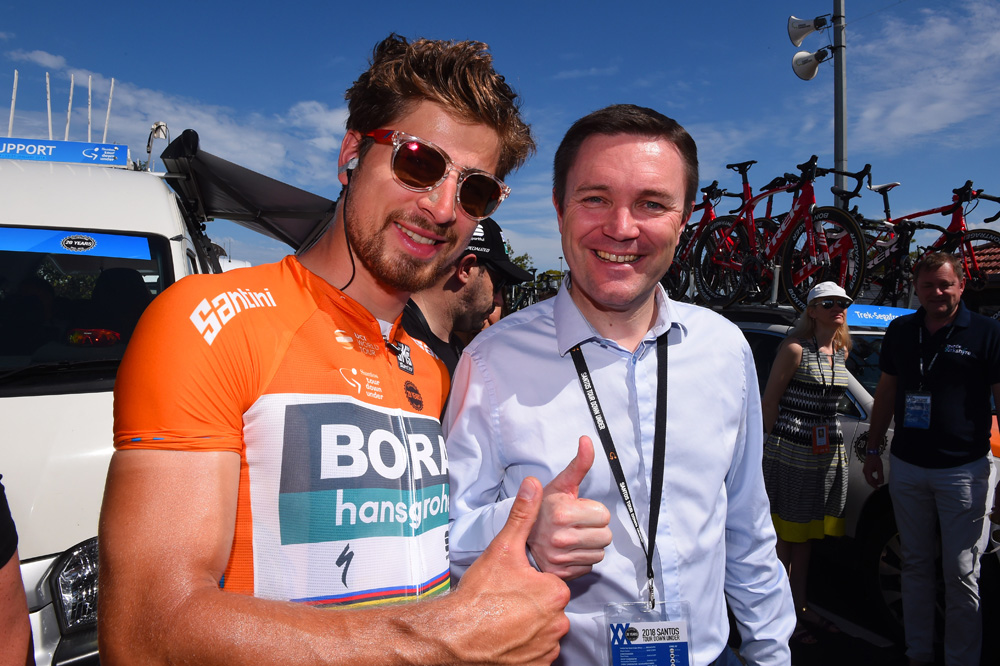Lappartient says UCI were not pressured by ASO attempt to block Chris Froome from Tour de France
UCI president defends handling of case




UCI president David Lappartient has denied any link between the governing body’s decision to clear Chris Froome (Team Sky) when it did and ASO’s attempt at preventing the defending champion from riding the Tour de France.
Lappartient says Chris Froome decision unlikely to come during Tour de France
Prudhomme says attempt to bar Chris Froome from Tour de France is now 'obsolete'
WADA will not appeal UCI verdict on Chris Froome salbutamol case
WADA deny giving Chris Froome a legal loophole by avoiding pharmacokinetic study
Lappartient had previously stated that it was unlikely that the Froome case would be resolved ahead of the Tour, and that the UCI themselves could not do anything to prevent him from racing. However, it emerged over the weekend that the Tour de France organiser was seeking to stop Froome from riding, utilising their own regulations. A day later, confirmation came from the UCI that Froome’s salbutamol case had been dropped.
“I know that this can be the feeling of many fans and stakeholders of cycling because we had a statement and the day after we have another statement. But, in fact, there is no link between these two facts,” Lappartient said in a video posted on the UCI’s YouTube channel. “We were informed at the UCI by ASO that they have decided to apply article 29 of their regulation and refuse Mr Christopher Froome from their race, but due to the fact that we received a statement from WADA on the 28th we were able to make a decision before the Tour de France but there is no link between the two facts.”
The case against Froome has been rumbling on since September after an anti-doping test taken in the final week of the Vuelta a Espana recorded twice the permitted levels of salbutamol. Froome was notified of the findings during the World Championships later that month, though it only became public knowledge in December. Lappartient had previously expressed his desire to have the matter resolved prior to the Giro d’Italia but later said that the decision could come after the summer.
Froome was allowed to race during this time, as salbutamol is a specified substance, but it meant that there would be an asterisk next to his results until the case reached its conclusion. Lappartient said that he understood people’s frustration with the length of the case but said that it was important to ensure the rights of the rider were protected.
“I can understand that for many people it was very long to wait but we have to respect the rights of Mr Froome to defend his own case and to prove that he’s not guilty,” he said. “The case was also very complicated and many explanations were transmitted to the UCI and we have also to bring many experts into this to see the files that were transmitted to the UCI.
“It is true that I always said that we were more in a calendar with a decision after the summer [sic]. Two things. We received the documents, the final explanation from Mr Froome on June 4 and in line with this we received the statement from WADA on the June 28. So, we had all the elements to close the case and in between June 28 and July 3, it was a short period of time for the UCI to conclude and follow the statement from WADA. It also showed that the UCI wanted to close the case as soon as possible after the decision from the stakeholders and WADA.
Get The Leadout Newsletter
The latest race content, interviews, features, reviews and expert buying guides, direct to your inbox!
“An international federation such as the UCI has to follow the World Anti-Doping Agency. They are the experts on this and their experts finally decided that this case was not an anti-doping rule violation so we had to follow the decision from the WADA.”